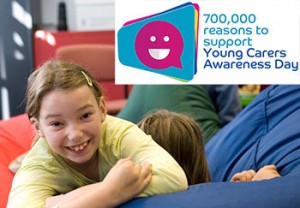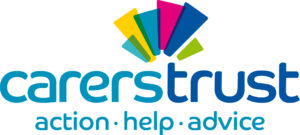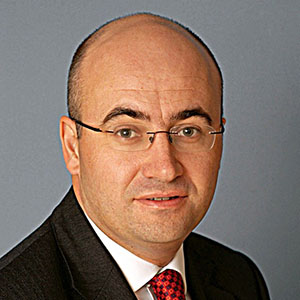Unpaid care: in the vast majority of cases, carers freely give their time and energy in the spirit of love and support for a friend or family member, and many rightly take pride in providing essential support for those close to them. However, there is often a human cost attached to this compassion and commitment. For young carers (and this definition of course includes children), the cost is arguably even more impactful and life changing.

The recently held Young Carers Awareness Day shone a welcome spotlight on the emotional, physical and educational challenges caring for a parent or other close relative presents. Organised by the Carers Trust, this national day of recognition sought to raise awareness of the estimated 700,000 under 18s in the UK who find themselves in caring roles.
Just as adults must balance work and their own health needs with those of the person cared for, so many under-18s must accommodate school or college commitments – meaning their own health, wellbeing and career aspirations risk being neglected. Carers UK’s ‘State of caring’ survey from 2014 paints a worrying picture of the mental and physical stresses visited upon all carers, not just the young. 73 percent of those surveyed reported increased anxiety and 82 percent increased stress as a direct consequence of taking on caring responsibilities. Around 50 percent said they experienced periods of depression.
In England, the last census revealed that numbers of young carers are – not surprisingly – rising: 166,363 in 2011, compared to roughly 139,000 in 2001. The actual figure may be considerably higher, as many young carers have no recorded interactions with health, social care and other professional services. This fact alone should be concentrating the minds of local authorities and the health, care and education services within their purview.
Consider the official statistics, which may also be underestimated: one in 12 young carers care for more than 15 hours per week and approximately one in 20 miss school lessons through caring responsibilities. They are 1.5 times more likely to have special educational needs or disabilities and perform significantly lower than their peers in education. They are also less likely to pursue further education, employment or training between the ages of 16-19.
Such loss of opportunity and potential is shocking to contemplate. So what should councils be doing to address the needs of young carers – both in terms of those already identified and those who may still be supporting relatives under the radar? A keen awareness of their duties under the Care Act and adoption of the tenets of the Whole Family Approach (WFA) would be a good place to start.
 Critically, there need to be agreed processes in place between children and adult services making clear who should do what, where and when. The point of transition from child to adult services is where so many young people fall through the gaps and we have a collective responsibility to prevent this happening wherever possible.
Critically, there need to be agreed processes in place between children and adult services making clear who should do what, where and when. The point of transition from child to adult services is where so many young people fall through the gaps and we have a collective responsibility to prevent this happening wherever possible.
Young carers’ needs assessments should be coordinated with those undertaken with other family members. For example, the Roundhouse project, a partnership between Portsmouth City Council and Cranstoun, an organisation supporting people with substance misuse problems, helps families where parents are using drugs or alcohol to the detriment of themselves and their family:
One project worker has a background in substance misuse and the other in working with young carers. They carry out the initial family assessment within the family home together. They then carry out assessments with the young carer and parent separately to identify their individual needs. Both project workers then come together to develop a package of support tailored specifically to the needs of the young carer, the parent, and the family as a whole.
Part of the process outlined above involves determining if it is appropriate for a young person to continue providing care and the risks to their own mental and physical health – and that of the parent - are acceptable and manageable. This holistic approach to assessment and support has long been espoused by social workers – a view championed by our own Chief Social Worker for Adults Lyn Romeo - and is now embedded in legislation.
Beyond the legislation, we must do more to properly identify the thousands of young carers who miss out on the vital services and support they need and deserve. Initiatives like Young Carers Awareness Day reminds us of our duty to help young people support their loved ones without sacrificing their own life potential. It is what they – and their families – would want.
